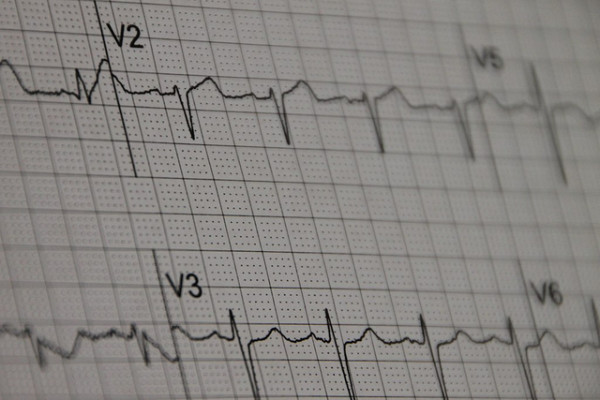Have you ever been to a haunted house? Have you ever given a presentation in front of many people? In both these nerve-racking situations, perhaps you’ve felt your heart skip a beat or stop entirely. But in the literal sense, these two situations form the basis of a more serious situation, cardiac arrest. This condition, more specifically called sudden cardiac arrest, occurs when the heart develops an arrhythmia, which causes it to stop beating and restrict blood flow to your body. An arrhythmia is also known as an abnormal heart beat. The symptoms of cardiac arrest include the sudden loss of breathing and consciousness.
A common misunderstanding is that cardiac arrest is the same as a heart attack. However, there are subtle differences between the two. During a heart attack, the heart continues to beat and blood flow is blocked in portions of the heart. In contrast, during cardiac arrest, the heart stops beating altogether. However, it is true that a heart attack can lead to cardiac arrest. Other causes of this condition also include a family history of heart disease or cardiac arrest. In addition, an increase in age, smoking, drug, or alcohol use can raise your risk of cardiac arrest.
Image Source: Justin Sullivan
Within just a few minutes of cardiac arrest, death or serious brain damage can occur, thus it is important to receive treatment as soon as possible. Often times, paramedics will use a defibrillator to electrically shock the heart. Afterwards they’ll begin CPR, cardiopulmonary resuscitation, by giving chest compressions. This cycle is repeated until the person regains consciousness and a normal heart beat. Long-term treatment involves surgically attaching an implantable cardioverter defibrillator, ICD, under the collarbone area. The ICD monitors the heart and uses electric shocks to control abnormal heart beats.
Because cardiac arrest can occur without warning, your best strategy is to prevent it. Ways to accomplish this include scheduling regular checkups for heart disease and living a healthy lifestyle. In other words, avoid smoking, alcohol, and drugs. Instead, maintain consistent exercise and a nutritious diet. The fight against cardiac arrest starts with a fight for a healthy life!
Feature Image Source: EKG by mgstanton










